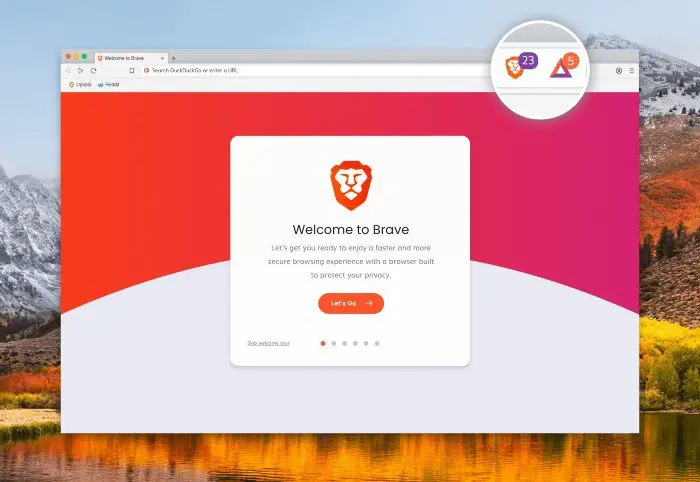Brave, a privacy-focused browser built on the Chromium project, has acquired Tailcat–an open search engine from a team that has sufficient experience in developing privacy-friendly products.

Brave Search Engine
In light of the acquisition, Tailcat would be integrated into a Brave Search section, and it will work alongside the other excellent features of the Brave browser. In the first look, Brave Search looks promising and useful.
According to the official announcement from Brave, the combination of Brave Search and the Brave browser will be a viable privacy-friendly alternative to the Google Chrome-Google Search duo that a lot of people use regularly.
However, Brave Search does not track users or use personally-identifiable information to improve the search results. In other words, Brave Search offers the crucial aspects of privacy, user-first design, transparency, and openness.
For instance, the company says that Brave Search does not use secret methods or algorithms to rank content. Instead, the criteria used to select the best results from an available index will be available to the public.
The company also talks about openness, including the willingness to share the search engine results and other information with other Search Engines. It is worth noting that Brave Search is not dependent on Google or Bing, which means the results you see on pages are as independent as they can get.
Brave Search on the Brave browser offers some additional options to the customer. For instance, a user can choose between ad-free paid search and ad-supported search. Like Brave user ads, ads shown on Brave Search will stay away from privacy implications.
Brave says the integration between the browser and the search engine service will be seamless and provide the best experience. The company mentioned in the blog post that it plans to use blockchain-based technology to enhance privacy options and introduce eCommerce options within the browser.
Regardless of a few areas where it can improve, the Brave Browser-Brave Search combination seems to be a compelling choice for those who want to shift from Google. That would, however, mean giving up the top-level integration Google offers through its browser.
Read: Take Control Of Your Privacy using one of these browsers or tools.